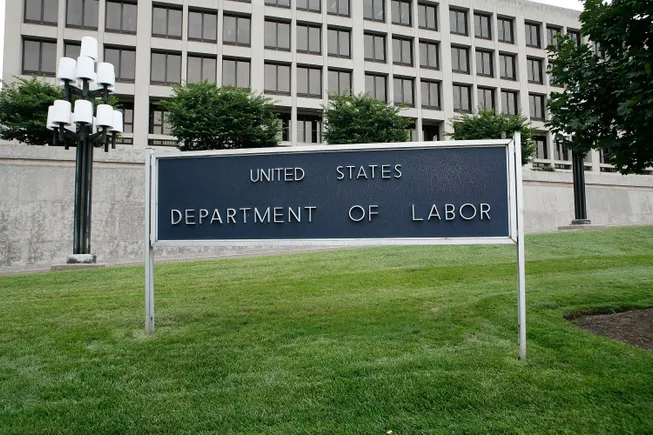Listen to the article 4 minutes This audio is automatically generated, please let us know if you have any feedback.
Dive Overview:
The U.S. Third Circuit Court of Appeals on September 6 reopened a lawsuit by home care companies challenging the U.S. Department of Labor’s rule that ended the exemption of home care workers from federal wage-hour laws, finding that a lower court erred in ruling that the companies’ lawsuit was premature. The plaintiffs in Intra-National Home Care, LLC v. U.S. Department of Labor argued that the Department’s 2013 final rule violated the Administrative Procedure Act because it was unlawful, arbitrary and capricious. A district court in Pennsylvania found that the lawsuit was filed too late to meet the APA’s six-year civil suit statute of limitations. The companies appealed, arguing that a recent U.S. Supreme Court decision overturned the district court’s reasoning. The Third Circuit ruled 2-1 that because the plaintiffs were challenging DOL’s enforcement actions, the plaintiffs’ lawsuit was timely in any event, and therefore the statute of limitations “starts to run anew when DOL attempts to enforce the regulation against them.”
Dive Insights:
The essence of this case concerns the deadline within which an organization has to challenge a federal agency’s regulation under the APA.
The Department of Labor’s final rule amended its regulations under the Fair Labor Standards Act in 2013 to clarify which home care workers meet the act’s minimum wage and overtime pay requirements. At the time, the department said the industry had “undergone dramatic transformation,” resulting in a greater specialization of home care workers and a need for clearer guidance on the application of the Fair Labor Standards Act to these workers.
According to the Third Circuit, the Department of Labor publicly announced in 2020 that it was investigating the Intra-National Home Care plaintiffs for possible overtime violations related to the 2013 amendments. The plaintiffs then sued the Department of Labor, and the Department of Labor filed an enforcement action against the plaintiffs in 2021.
Following the DOL’s 2021 enforcement action, the plaintiffs amended their complaint to allege that the 2013 final rules violated the APA. The DOL sought to dismiss the claims, arguing that the plaintiffs had not satisfied the APA’s six-year statute of limitations. The district court agreed with the DOL, holding that the six-year period began to run when the final rules were issued in 2013.
In July 2024, the Supreme Court ruled in Corner Post, Inc. v. Board of Governors of the Federal Reserve System that the statute of limitations for APA claims does not run until a plaintiff is harmed by a final agency action. The plaintiffs in Intra-National Home Care argued that the Corner Post decision means that the statute of limitations for challenging an agency regulation under the APA “does not start to run until there is an entity adversely affected by it, regardless of the nature of the claim.”
However, the Third Circuit did not rule on this basis because the plaintiffs in Cornerpost were not subject to enforcement actions like the plaintiffs in Intranational Homecare. According to the Third Circuit, the fact that the Department of Labor sought enforcement actions against the plaintiffs was in itself sufficient to make the plaintiffs’ lawsuit against the Department timely.
The Third Circuit reversed the district court’s dismissal order and remanded the case for further proceedings consistent with its opinion in Corner Post and the Supreme Court’s opinion.
One judge on the three-judge panel concurred in part and dissented in part, holding that the proper starting date for contributions under the APA is the date of incorporation of each business, not the date of the DOL’s enforcement action.

